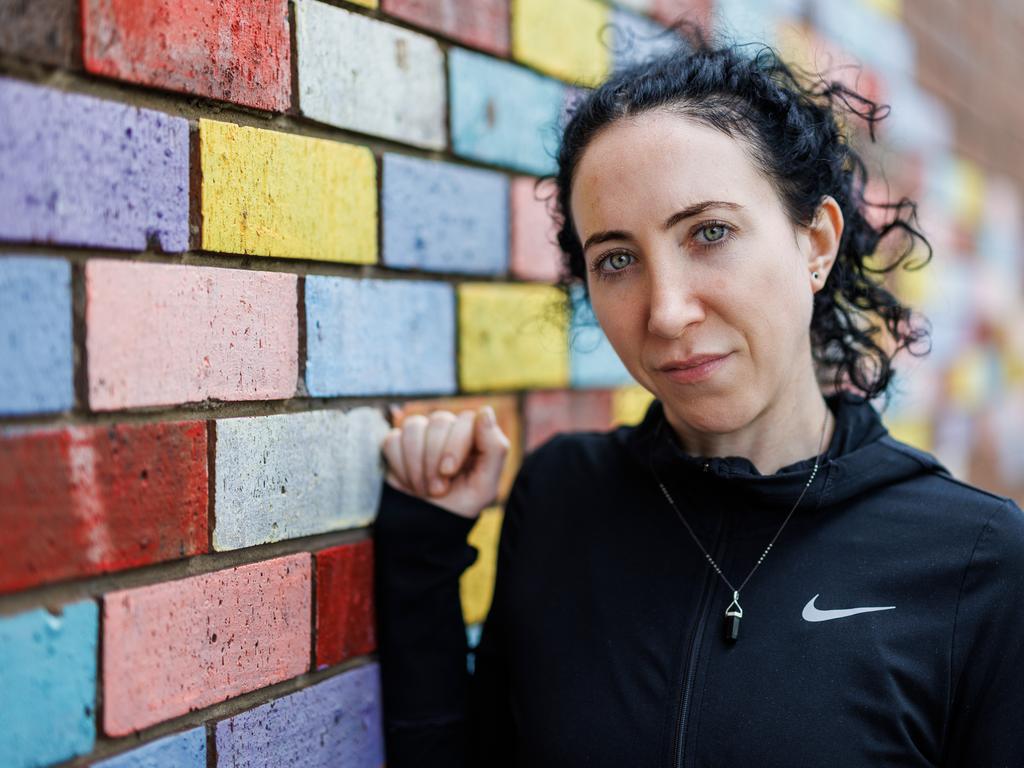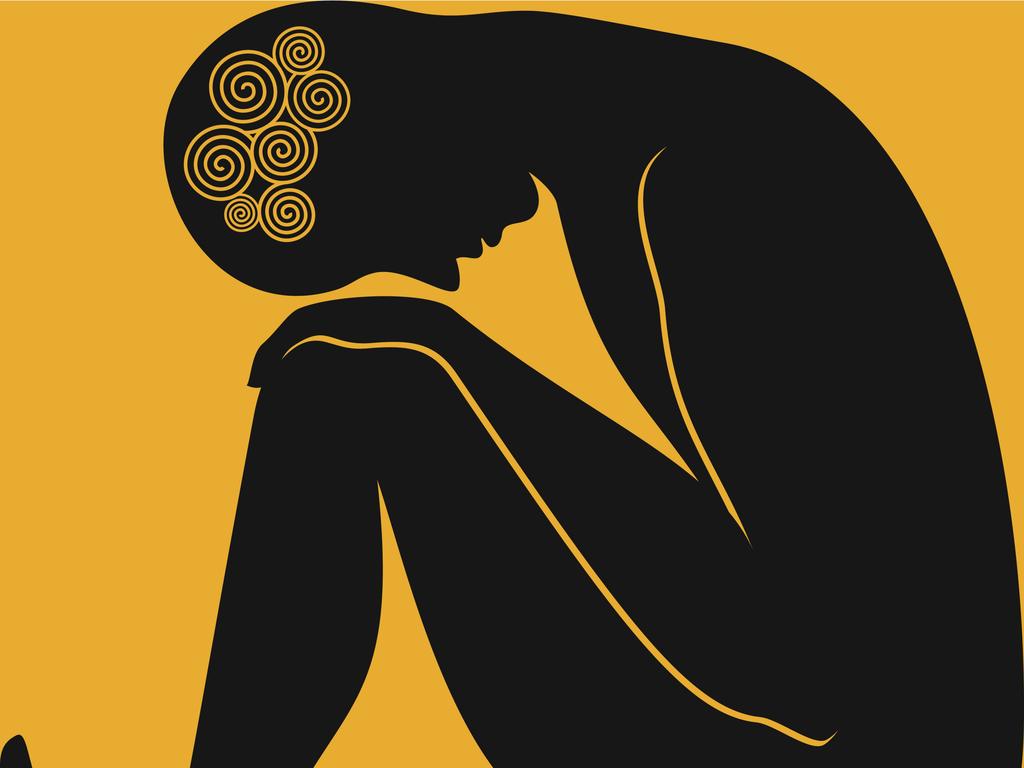Australian treatments proceed as US advisory panel rejects evidence behind MDMA treatment for PTSD
Psychiatrists flag concerns with the rollout of psychedelic drug treatments in Australia as a key US panel votes against supporting MDMA as a treatment for PTSD.

Australian psychiatrists are calling for greater caution on the rollout of psychedelic drug treatments in Australia after a key regulatory advisory panel in the US voted overwhelming against supporting MDMA as a treatment for post-traumatic stress disorder.
Australia’s regulator moved ahead of the world last year in downscheduling MDMA to allow for treatment for PTSD and psilocybin for treatment-resistant depression under a strictly controlled authorised prescriber scheme.
The TGA decision took doctors and researchers by surprise, given the move to downschedule the drugs was not in line with the recommendations of an expert panel that examined the evidence.
Two key studies published in Nature Medicine were relied on by the TGA, among other studies and materials, in its decision to allow authorised prescriber psychiatrists to treat depression and PTSD with the psychedelic drugs combined with psychotherapy.
Those two studies have now been the subject of analysis by key advisers to the US Food and Drug Administration. Members of the independent scientific advisory committee formed to examine the evidence on MDMA and PTSD voted nine to two that human trials of the psychedelic drug, which is otherwise known as ecstasy, did not prove its efficacy.
In a 10-to-1 vote, they also determined that the risks of the drug outweighed its benefits.
The decision comes ahead of the FDA deciding whether to approve the psychedelic drugs. The regulator is not bound to follow the advisory committee’s recommendations but usually does.
The determination went against expectations, as acknowledged by members of the US panel. “It felt strange to vote no,” committee member Satish Iyengar from the University of Pittsburgh said in a news article reported by the journal Nature.
“There were just too many problems with it.”
The Royal Australia and New Zealand College of Psychiatrists is evaluating the FDA advisory panel’s decision.
College spokesperson on the issue and psychiatrist Richard Harvey, said the panel’s position was in line with concerns expressed by the RANZCP at the time of the TGA’s consideration on downscheduling.
The college has issued a clinical memorandum saying there needs to be caution over the use of these medications. “We as a college have concerns that the clinical use of these substances has moved too quickly ahead of the evidence,” Dr Harvey said.
“From our perspective, the amount of evidence supporting the use of these treatments is very limited. Our advice to the TGA a couple of years ago when they were considering this was this is not the right time to do this downscheduling. These substances should be used in research environments only. For whatever reason, the TGA chose to not accept that advice and made the decision to downschedule the substances anyway. So we’ve had to be reactive to that, to put in place some guidance … to protect patients, as to how can we make this as safe as possible.”
It’s believed about nine psychiatrists currently have authorised prescriber status to treat patients using the drugs in Australia. The first patients were dosed at the therapies clinics in Melbourne and Sydney in January this year.
The chief executive of one Australian company running a trial of MDMA therapy to treat PTSD, Emyria’s Michael Winlo, said the FDA advisory panel’s ruling highlighted the challenges of amassing evidence on the efficacy of psychedelics.
“It really highlights some of the challenges the sector has known for a while around the disentanglement of the psychotherapy with the drug effects,” Dr Winlo said. “The FDA’s mandate is to weigh in on efficacy and safety considerations of drug products and devices, not to have an opinion on how therapy is provided.
“It’s very difficult with a new approach like this to separate the contribution of the therapy from the drug effects and vice versa.
“A lot of questions really came up about the quality of the therapy and how consistent it was, the behaviours of the therapists, etc. as being areas of concern … but I think importantly, it didn’t detract from the insights of the data, which show these treatments do appear to be incredibly beneficial for some patients, far more than any other treatment we’ve seen.”
Australian National University clinical academic neuropsychiatrist Jeffrey Looi said the FDA panel’s decision would deepen the resolve of the mainstream psychiatry body to insist upon the utmost caution in the use of MDMA and psilocybin.






To join the conversation, please log in. Don't have an account? Register
Join the conversation, you are commenting as Logout